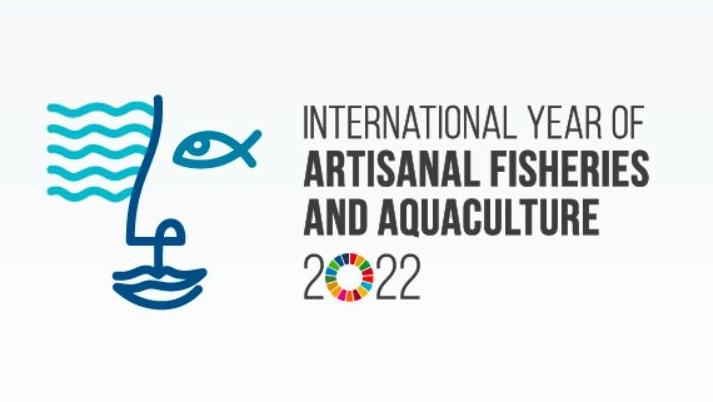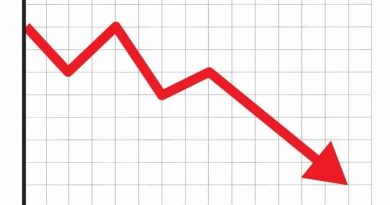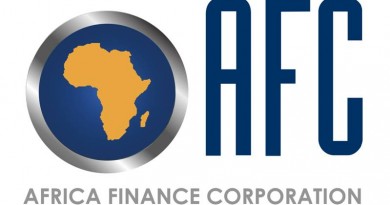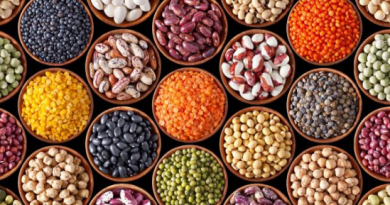2022 is the International Year of Artisanal Fisheries and Aquaculture (IYAFA 2022)
The United Nations General Assembly has declared 2022 the International Year of Artisanal Fisheries and Aquaculture (IYAFA 2022). FAO is the lead agency for celebrating the year in collaboration with other relevant organizations and bodies of the United Nations system.
- The International Year of Artisanal Fisheries and Aquaculture was launched to illuminate the contributions of the small-scale aquatic food sector to sustainable development
- Fishers, fish farmers and fish workers are integral to food and nutrition security in low- and middle-income countries
Integral to food and nutrition security around the world, artisanal fisheries and aquaculture are receiving formal recognition with an international year in their honor declared by the United Nations.
At a webinar hosted by FAO, diverse panelists representing a breadth of organizations gathered to officially launch the International Year of Artisanal Fisheries and Aquaculture 2022 (IYAFA), dedicated to empowering and acknowledging those who participate in the small-scale sector.
They called for a world in which small-scale artisanal fishers, fish farmers and fish workers are fully recognized and empowered to continue their contributions to human well-being, healthy food systems and poverty eradication through the responsible and sustainable use of aquatic resources.
“Millions of poor people make their living from farming fish, and their numbers are growing all around the world, especially in Africa where they contribute increasingly to regional food and nutrition security,” said Rohana Subasinghe, WorldFish scientist and IYAFA International Steering Committee Vice-Chair.
Though often unseen and informal, artisanal aquaculture and small-scale fisheries are essential to nourishing the poor and vulnerable and providing meaningful work in rural communities.
“Aquaculture supplies food that is essential to keeping our growing population fed, currently contributing about seventeen percent of the total per capita consumption of animal protein. This is particularly important for food deficit countries, where aquatic animals and plants are highly nutritious and offer unique health benefits,” said Subasinghe.
The launch event gathered small-scale artisanal fishers, fish farmers, fish workers, governments and other key supply chain actors to relate innovations and build and strengthen partnerships at all levels. They also focused on developing a strategy for the implementation of FAO’s Voluntary Guidelines for Securing Sustainable Small-Scale Fisheries in the Context of Food Security and Poverty Eradication to guide global dialogue, policy and action.
Shifting to a food systems transformation
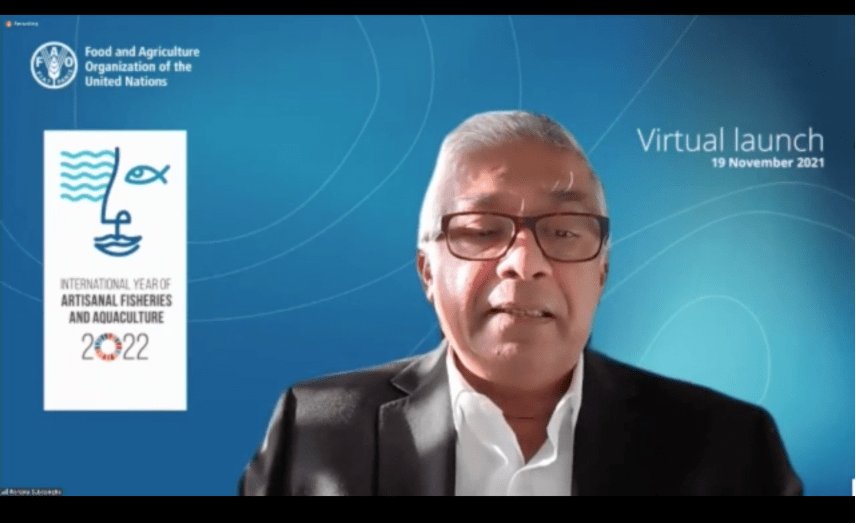
Panelists spoke of the unique role fish and aquatic foods have in ushering a food systems transformation to change how the world produces, consumes and thinks about food.
“As the leading agency for this international year, the FAO will continue to highlight the importance of artisanal small-scale fisheries and aquaculture to the transition to more inclusive, equitable, resilient and sustainable food systems,” said FAO Director General Qu Dongyu.
The key aims of IYAFA are to promote aquatic foods’ contributions to healthy diets, increase the adaptive capacity of aquatic food systems to climate change and recognize fishers and fish workers as custodians of natural resources tasked with their sustainable use.
Aquatic foods, on average, have a lower carbon footprint than terrestrial animal-source foods. They also tend to be more affordable and accessible in low- and middle-income countries, offering a critical and sustainable source of protein, essential fatty acids and micronutrients to the rural poor.
Small-scale artisanal fisheries are also responsible for over sixty percent of Africa’s total fish catch, uplifting and nourishing communities far from urban centers and formal markets.
Panelists thus shared their hopes that IYAFA will bring visibility and increased policy attention to the valuable contributions of fishers, fish farmers and fish workers around the world and underscore the role they play in reimagining global food systems.
“Include us in decisions that affect us, and we will adapt and innovate with the changing tide. We may be small in scale, but our way of life will keep on making a difference and spread like ripples in the water,” said a fisherwomen in the year’s promotional video.

